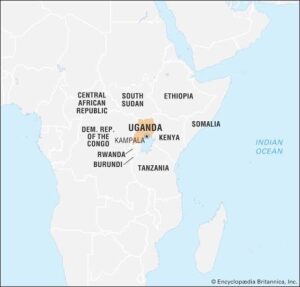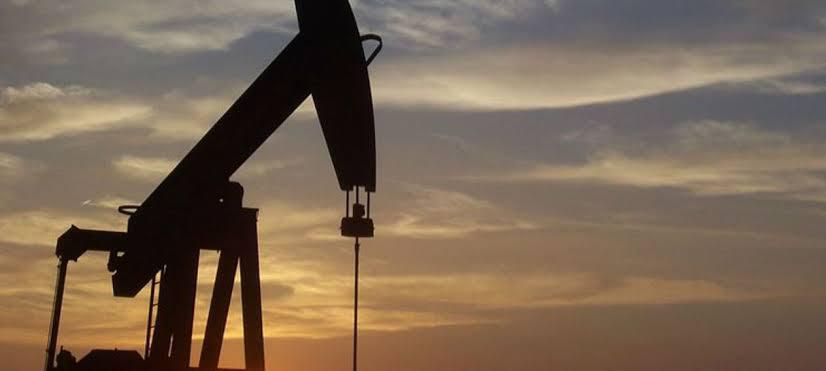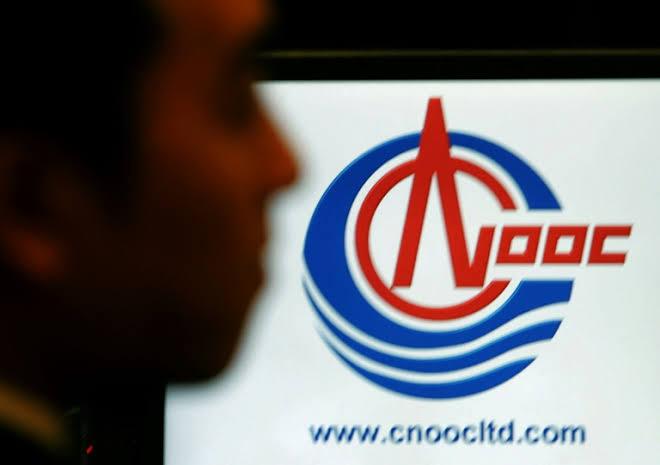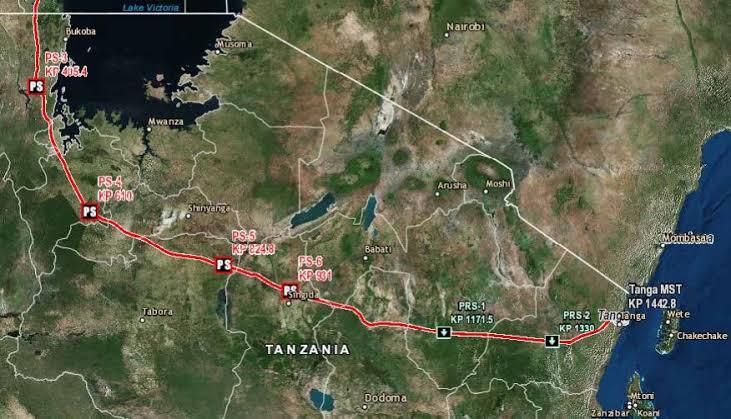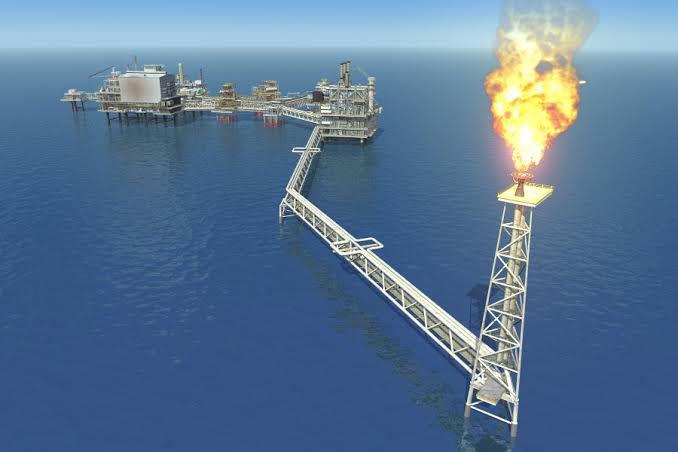The construction of Uganda’s refinery has been postponed once again and cannot start until at least 2025.
The push in the Final Investment Decision (FID) on the basin-wide upstream oil development is the latest reason for the delay. This will only be agreed upon by earliest, 2021.
The FID was expected to be reached by September 2020 and the project was to be completed in three years, but this new development has changed the projections for the completion.
The refinery is expected to have a 60,000 barrels per day refining capacity and is estimated to cost between $3 billion to $4 billion.
The upstream project involves the daily production of 230,000 barrels of oil at the peak, pumped into a 1,445-kilometre pipeline from Hoima in Uganda to the Tanzanian port in Tanga. The project has always been dependent on the certainty of the upstream project.
Earlier this year, Tullow sold its total stake in the Lake Albert oil projects to Total. The current Joint Venture Partners (JVP) are French major, Total, and the third-largest national oil company in the People’s Republic of China, China National Offshore Oil Corporation (CNOOC).
Both companies have been requesting the Ugandan government to channel all the available crude once the project reaches first oil to the export pipeline, the East-African Crude Oil Pipeline (EACOP), for the first three years before allocating the refinery share of the crude.
They wanted to delay the construction of the government-preferred refinery to 2024. The global pandemic and unstable oil prices have also taken its toll on the project and the construction of the refinery cannot start until at least 2025.
Crude reserves have been discovered in the country for over a decade but oil production plans have always met a deadlock with field operators over taxes and other matters. A lack of a refinery has also made the East African country a frequent oil importer to meet its growing oil demand.
